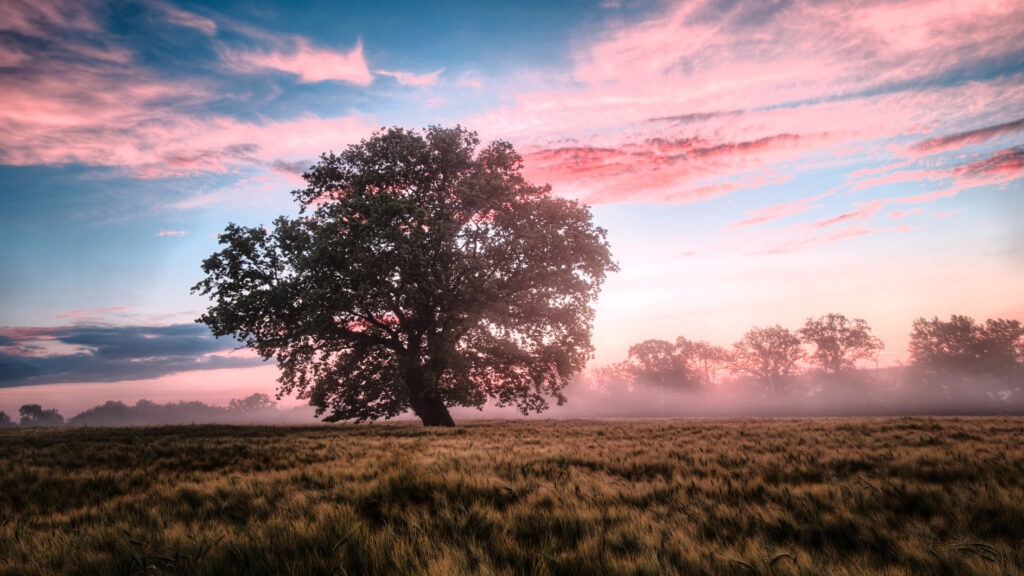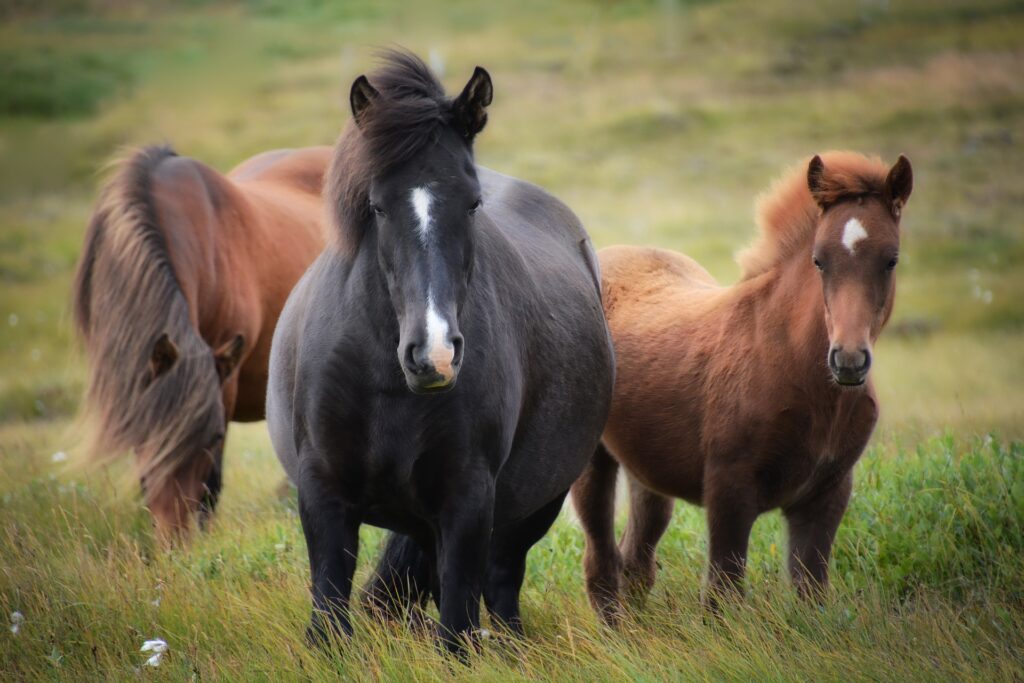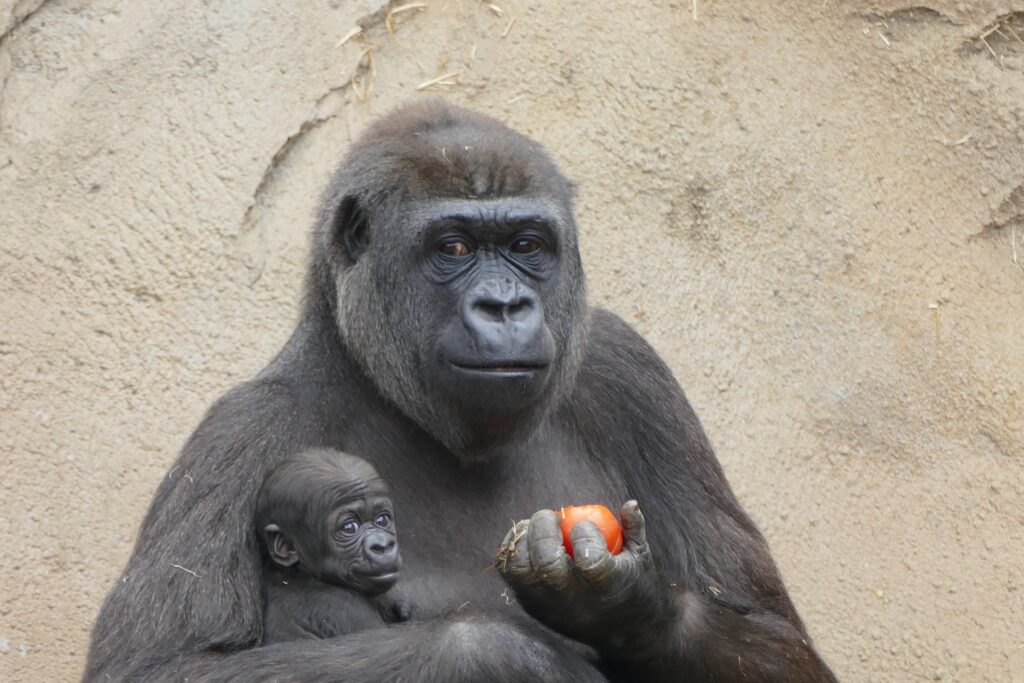
I have a quote for you to play with this week. This one is from American motivational speaker Denis Waitley: “Life is the movie you see through your own eyes. It makes little difference what’s happening out there. It’s how you take it that counts.”
Now here’s my question for you: What’s the soundtrack of your movie? And what would happen if you changed it?
You know how, when a movie starts, the soundtrack tells you a lot about the feel of the movie? You get a sense right away whether it’s going to be suspenseful, or nostalgic, or funny. The soundtrack sets your expectations about the kind of story that’s about to unfold.
So I ask you again: What’s the soundtrack of your movie? And what would happen if you changed it?
Once I was having a really frustrating time at work. I had this co-worker who really got under my skin. My teeth would clench the moment she walked into my office. Her voice was one of those finger-nails-on-the-chalkboard, high-pitched whiny voices. Even her gestures irritated me.
I struggled for a long time trying to learn to like her, or at least to be able to endure her presence without wanting to explode. Then one day I happened to have the radio playing quietly in the background when she walked in. Some playful little tune was on that reminded me of old-fashioned TV sitcoms, maybe an episode of “I Love Lucy,” if you’re old enough to remember that. And that did the trick.
All of a sudden the movie I was seeing through my own eyes turned into a comedy, and my co-worker could have won the Oscar for best supporting actress. Everything she said seemed funny. Her voice seemed funny. Her gestures were hilarious. I managed not to laugh out loud, but I’m sure I smiled more brightly at her than I ever had. And you know what? Because I was relaxed and happy, she softened somehow and relaxed, too.
We both saw each other in a whole new light that day, and we worked together much more easily from then on.
I remember another day when a change in my soundtrack made a difference, too. It was the day after my mother died and I was standing on my front porch watching the sunrise, full of an aching grief over my loss. But then, as the clouds took on color, the key of my soundtrack changed just a bit into a sweeter sound and melted my grief into a kind of peaceful acceptance, and an inner knowing that Mom would always be with me.
Music has great power to color our emotions. There’s even some science that maps the connection between feelings and sounds. But you don’t need to know the science to make it work for you. Just play with it.
When you’re in an uncomfortable or stressful situation, try imagining what the soundtrack for it is like. Then experiment with imagining a different kind of tune.
Comedic music can make a surprising difference in your perspective. But play with different genres. Pay attention to the background music in movies that you watch and see how it underscores the mood of the scene. Keep a little collection of a range of mental tapes on hand. You can practice while you’re doing mundane things like walking or driving or shopping or cleaning, even while you’re taking a shower, and see how it changes your perspective and your mood.
Because it is your movie, as Waitley says. And because you’re the producer, director and star of it all at once, you can change it any way you want, at any time.
Me? I’m going for romance this week: I plan to fall in love with life all over again.
Wishing you chart-topping hits this week, every single day.
Warmly,
Susan
Image by Mohamed Hassan from Pixabay








